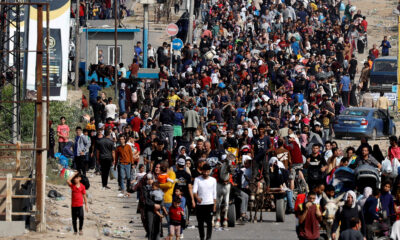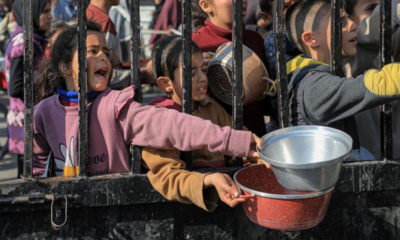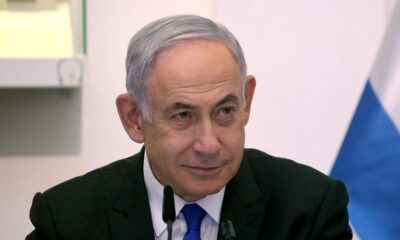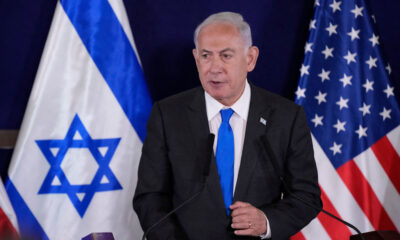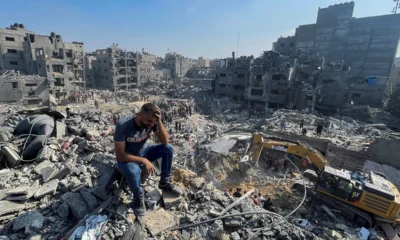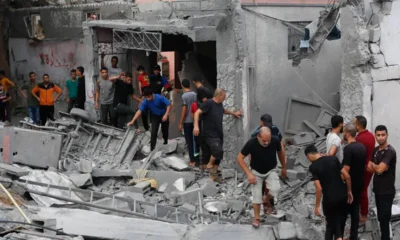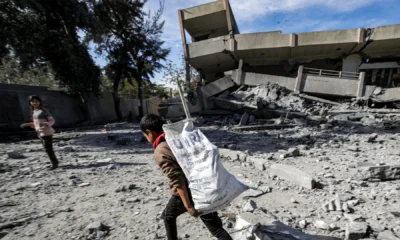NEWS
Gaza: Why Israel still remains adamant in War against Hamas
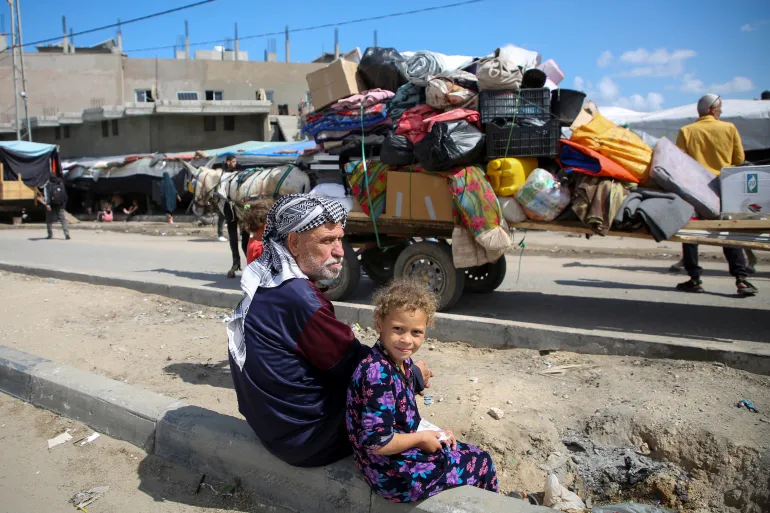
In a recent development, Israel has opted to reject a ceasefire proposal and has initiated a military operation in Rafah, raising concerns about the prolongation of the conflict in Gaza.
The rejection of the ceasefire proposal came shortly after Hamas announced on Monday that it had agreed to a ceasefire proposal brokered by Egypt and Qatar.
However, the Israeli government swiftly clarified its stance, indicating its unwillingness to accept the proposal. To underscore its position, Israeli military forces assumed control of the Palestinian side of the Gaza-Egypt border in Rafah.
According to analysts, Israel’s firm stance suggests a reluctance to commit to a permanent ceasefire, signaling a continuation of the ongoing conflict in Gaza. Mairav Zonszein, a senior analyst on Israel-Palestine for the International Crisis Group, emphasized that without a definitive end to the war from Israel’s side, reaching a ceasefire agreement remains elusive.
The Israeli military’s operation in Rafah aims to dismantle Hamas units and secure control of the Gaza-Egyptian crossing, which Israel alleges Hamas utilizes for weapon smuggling into the besieged enclave. However, humanitarian organizations caution that the closure of the crossing could have dire consequences for the over one million Palestinians residing in Rafah, the majority of whom are displaced.
Additionally, the Israeli action jeopardizes ongoing efforts by Egypt, Qatar, and the United States to broker a deal between Israel and Hamas. William Burns, the head of the Central Intelligence Agency (CIA), has been actively engaged in these mediation attempts.
Israel has cited differences in the terms of the Hamas ceasefire proposal as reasons for its rejection. However, analysts believe that the underlying issue lies in Israel’s reluctance to agree to a permanent ceasefire, even in exchange for the release of Israeli captives.
Rafah has emerged as a refuge for Palestinians fleeing Israeli attacks in other parts of the Gaza Strip. While the area has not been entirely immune to attacks, Israel had not previously deployed ground forces to occupy territory there until the recent escalation.
The decision to reject a ceasefire and escalate military operations in Gaza is seen by analysts as a pivotal move for Israeli Prime Minister Benjamin Netanyahu, whose political future is intertwined with the handling of the conflict. Netanyahu’s far-right coalition partners have threatened to withdraw support if Israel agrees to a ceasefire and a deal involving the release of captives.
This latest development puts Netanyahu in a delicate position, especially after Hamas’s acceptance of the ceasefire proposal. Previously, US President Joe Biden cautioned against Israeli military action in Rafah, stating it as a “red line.”





